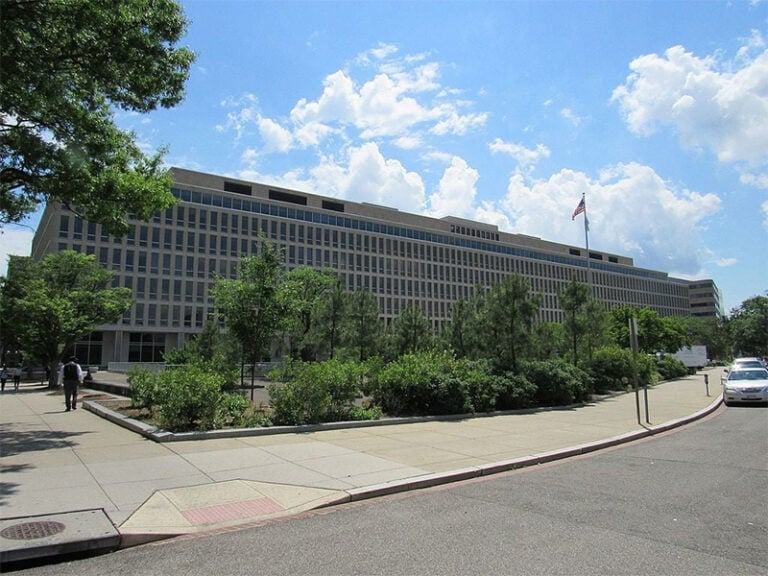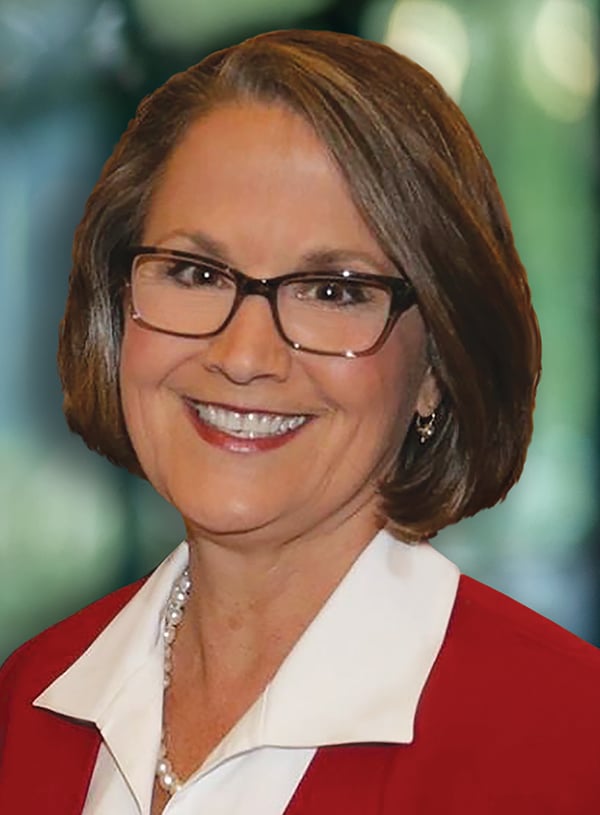In responses ranging from disinterested to comatose, Republican leadership registered little concern about the demise of HB 509 Monday night.
Could it be that the sponsors were unable to generate sufficient enthusiasm/votes in the Senate to justify calling the damnable thing? Or could it be that a bipartisan public expressed it’s opposition with such vehemence that lawmakers admitted their error in judgment and retreated?
To paraphrase Lexington Herald Leader reporter Austin Horn, “both things can be true.”

LAWMAKERS RESPOND
Following Senate adjournment, Floor Leader Damon Thayer told Lexington Herald Leader Frankfort Bureau Chief Tessa Duvall, and other reporters, “there just wasn’t any energy in the (Republican) caucus to get it done.”
“Hardly anybody brought it up to me. I think maybe one person over the weekend brought it up, but that’s it.”
And with the charm, wit, and statement for the obvious that has endeared him to few — and that even fewer will miss — he added, “I think that’s an issue that probably isn’t going away.”
Thayer noted that he had “urged Hodgson to work with the sponsors of the various floor amendments to HB 509 to come up with a better version of the bill before the start of next year’s session in January.”
Hodgson would be better advised to discuss any new proposal with stakeholders and experts who know a bit more about the open records law and how, in reality, it works. He should avoid the legislative echo chamber of lawmakers who know or care so little about the open records law — or who feign ignorance of the law to advance specious and half-baked arguments — in favor of open records legislation that reflects the people’s will.
Communicated in what, we imagine, was his typically dyspeptic manner, Senate President Robert Stivers “said he was personally in favor of the bill and also anticipated it would be up for discussion during the interim.”
Someone should suggest to the president that consultation and collaboration extending beyond those who have demonstrated nothing but contempt for the Kentucky open records law may be appropriate in the interim.
It was, after all, Thayer who in 2018 introduced an amendment aimed at excluding from the definition of “public record” documents concerning public business held on private devices and cell phones. And it was Stivers who backed his play.
THE PEOPLE SPEAK
Lawmakers may have been, with few exceptions, unable to work up much enthusiasm for the topic, but Kentuckians did not suffer from this malaise. As Kentucky’s legislative director for conservation advocacy group Americans for Prosperity, Liam Gallagher, emphasized in testimony to the Senate State and Local Government Committee — “the fact that we are here with the Kentucky Press Association should raise alarm bells.”
Gallagher characterized HB 509 as “a specious attempt” to strengthen the state’s open records law that would inevitably “lead to less transparency and possibly open the door to evasion of records management and records disclosure obligations.” Even the truncated version of the bill that subsequently emerged from committee by a slim margin — after a hastily adopted committee sub was “unadopted” in committee — demonstrates the point.
After adjournment, Sen. Gex Williams — the lone Republican to vote “no” on HB 509 in committee, suggested that “big changes need to have eyes on [them] over a period of time.” Additionally, he recognized the efforts of opponents of the bill in securing its defeat. “Public scrutiny of the bill had ‘a great deal’ of influence on its demise,” he told reporters.
The sponsor of HB 509, Rep. Hodgson, lamented that “we did not proactively address the electronic communication issue this session.”
“The need for this legislation will likely become more evident over the next year,” he said. “We need to clearly define the balance between public disclosure and personal privacy.”
A DANGEROUS NEW WORLD OR RESTORATION OF THE LEGAL STATUS QUO
Hodgson’s observations are interesting given the fact that the courts have thus far done nothing more than restore the status quo in open records analysis after Attorney General Daniel Cameron went completely off the rails in a 2021 open records decision. It was Cameron who repudiated nearly five decades of interpretation holding that it is the nature and purpose of the record, not the place it is kept, that determines its status as a public record subject to the open records law. But for radical reinterpretation of the open records law by Cameron — and recently by his successor — the legal landscape would be unchanged.
The bill of goods sold to, or being sold by, Rep. Hodgson and supporters of this bill brought Kentucky to a new level of crazy with public employees purportedly jealously guarding their personal cellphone and job seekers allegedly fleeing the jurisdiction. Kentucky entered this bizarro world of open record’s analysis based on claims of a hitherto unimagined tension between the public’s right to know and personal privacy rights. The publication of the Court of Appeals’ opinion in Kentucky Open Government Coalition v Kentucky Department of Fish and Wildlife Resources Commission last fall should have eliminated these claims but instead whipped proponents of the bill into a frenzy. I guess they failed to read the abundantly clear concurrence.
THE RAREST OF THINGS: POLITICAL COMMON GROUND
The fight that lies ahead is one aimed at persuading lawmakers that their “facts” are fiction. Lawmakers should also be reminded that in this moment of political polarization, they flew to close to the sun, “running into a rare slice of common ground: distrust of the motives of government officials, and resistance to a plan that would allow them to operate with less scrutiny.”
Coordinating efforts to defeat the near certain return of some variant of HB 509 should commence almost immediately. Our lodestar should be “Avoiding public scrutiny is neither bold nor conservative; it is weak and reactionary.”
However nefarious the backroom horse trading may have been that lead to the decision not to call HB 509, we who fought it are entitled to savor the victory — even the appearance of victory — of the people of Kentucky over legally sanctioned government secrecy.
“The power of the people was on display. People from all walks of life — left, right, Democrat, Republican, poor, rich, across the spectrum — came together to talk about the importance of our right to know.”
Amye Bensenhaver is a retired Kentucky assistant attorney general who wrote open records and open meetings decisions for 25 years. She is co-founder and co-director of the Kentucky Open Government Coalition.
See also: This Kentucky Lantern story about the death of the open records bill and of the anti-DEI bill.

















